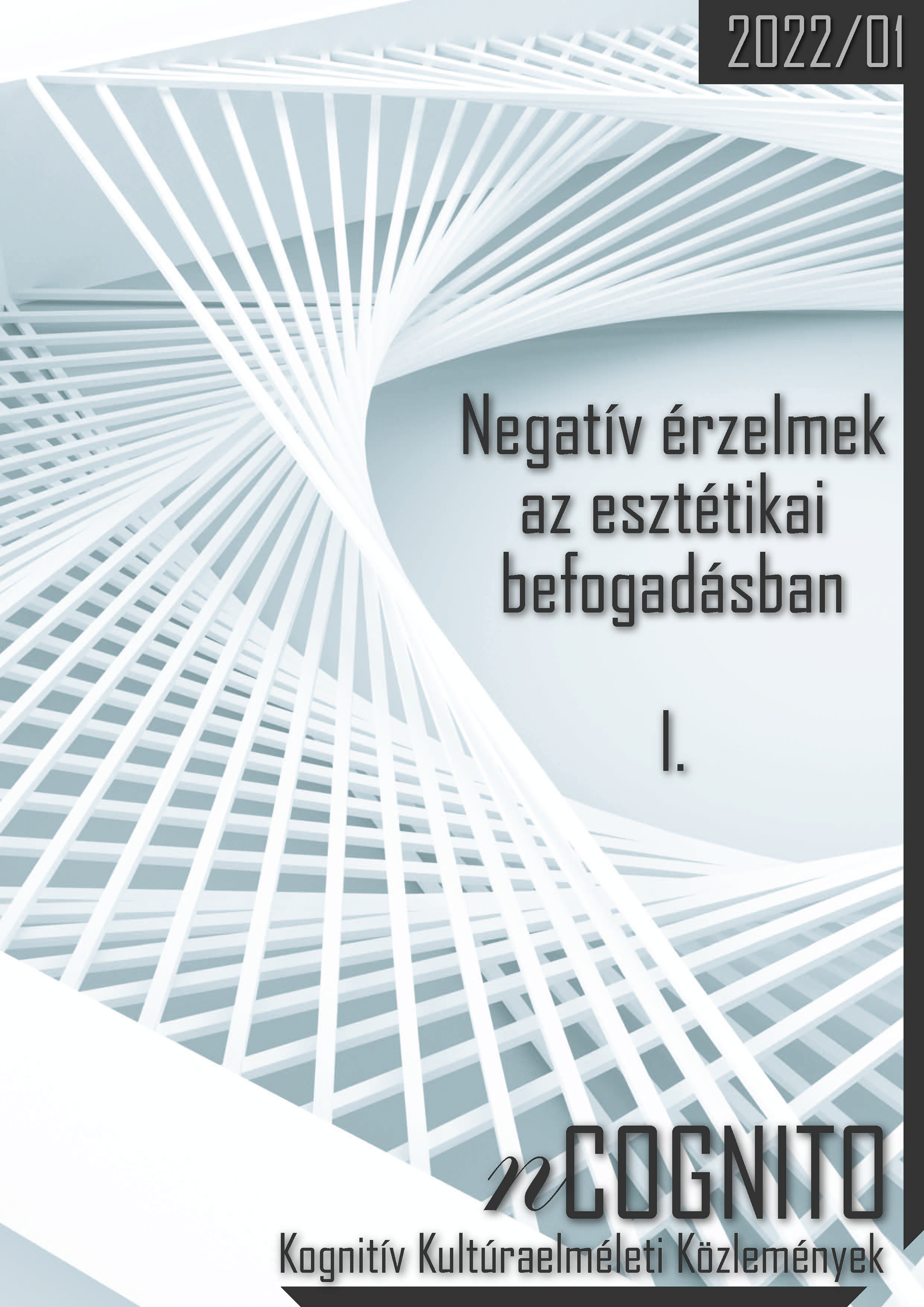A halál pszichológiai dilemmái A szorongás és racionalitás metaforái François de La Rochefoucauld halállal kapcsolatos írásaiban
Main Article Content
Abstract
The present study analyzes how death anxiety is conceptualized in François de La Rochefoucauld’s (1613-1680) Maxims. Conceptualizing death proves to be a quasi-impossible endeavor for the lack of first-hand experience. Any attempt to directly address the questions of dying and death will therefore trigger anxiety. Research conducted within psychology and Conceptual Metaphor Theory has pointed out that emotions associated with death manifest themselves through a limited set of conceptual metaphors. La Rochefoucauld’s mindset is framed around the idea of amour-propre, a form of ego-centric self-love which aims at preserving self-esteem. Amour-propre, while being the source of social hypocrisy, also regulates the coping strategies of death by downplaying its importance in various ways. La Rochefoucauld systematically uses the rich conceptual structure of the universal metaphor seeing is knowing and exploits the opposition between physical vision and blindness to show how egoism and ignorance lead to self-deception and emotional suppression.

